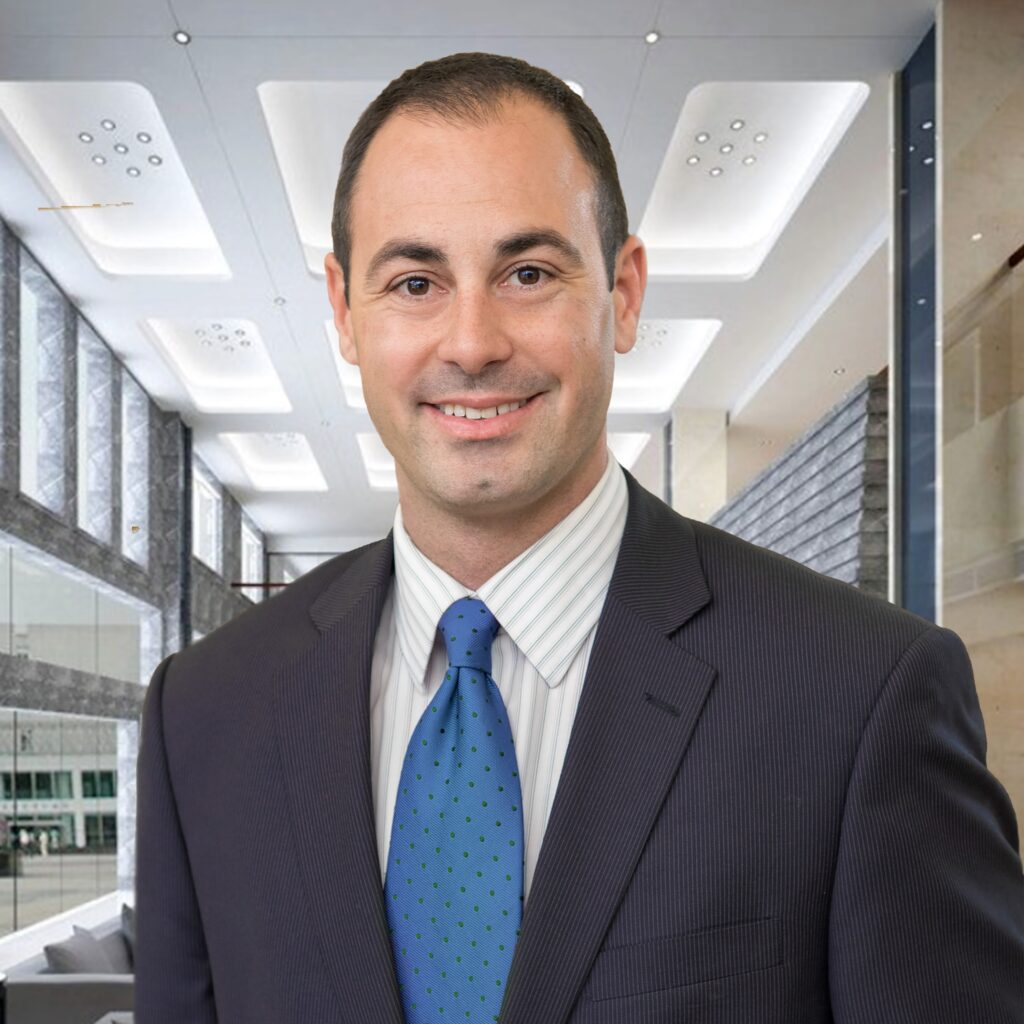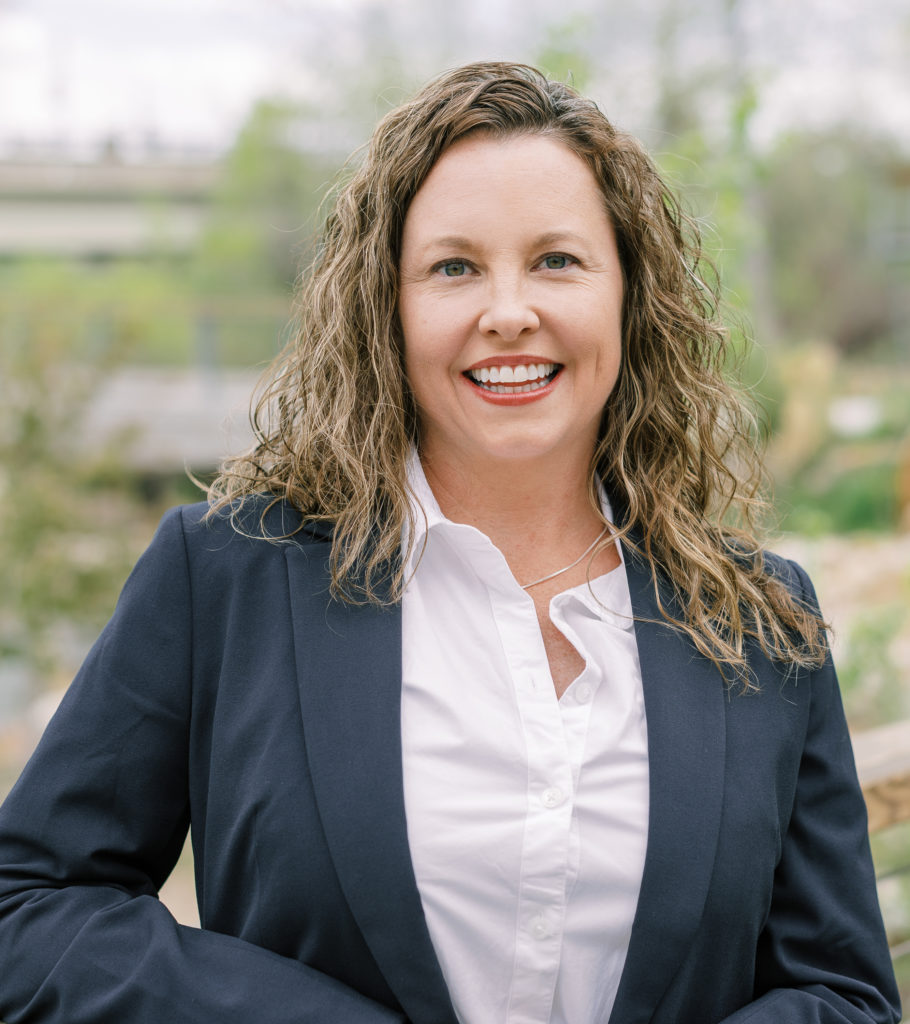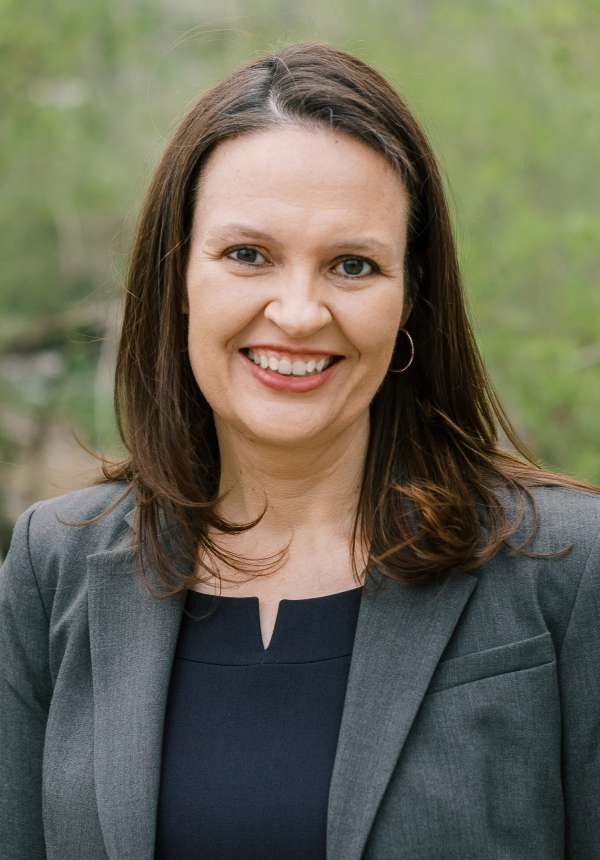Should schools teach Financial Literacy?
Created by: Sam Tenney

It’s no secret that the US has a student debt problem. Most US college graduates leave college owing $29,800 in debt on average and this is an almost 50% increase from just 10 years ago.[1] One solution may be teaching financial literacy to college and high school students. One viewpoint is that including a personal finance course requirement would promote better savings and loan management amongst graduates moving into the workforce. Students would be more conscious of where they could cut costs and save, and some statistics show it could even improve graduation rates![2]
Recently both Iowa and Kentucky passed laws requiring half a semester of financial literacy courses be taken by high school students in order to graduate. These laws take effect in 2020 and 2025 respectively. The reception has been positive by teachers and students alike. One teacher, Lexi Schaffer in Iowa said, “I think it is so important to teach high schoolers good financial literacy skills now so that they can really start creating those good habits early on that will take them into their adulthood.”[3]
A study by the Champlain’s Financial College Center found “Students who learn personal finance from these trained teachers showed significant knowledge gains in all test topics, while a control group of students who did not receive personal finance education dropped slightly in knowledge in all but one area.”[4]

Students who take a financial literacy course are also better prepared to face the real world with savings, and save more. according to a survey conducted by Ramsey Research in 2016. Nearly two out of three high school students who had taken a personal finance course reported they were already earning an average of $3,000 a year. [4] Furthermore Nearly 80% said they understand what a 401(k) is and how it works, compared to just 63% of students who had not taken such a course.[5]
Fidelis Wealth Advisors believes in developing a deep relationship with our clients, and teaching them the financial principals that will enhance their lives and help them achieve their goals, starting with our youngest investors. With financial planning being such an important part of everyday life the impact of 17% more students understanding how to properly save and budget sets these students up for a much brighter future.
1. https://www.daveramsey.com/research/students-and-money?ictid=QXTGI4631
2. https://www.daveramsey.com/blog/should-financial-literacy-be-taught-in-schools
3. https://www.edsurge.com/news/2019-03-19-this-teacher-makes-financial-literacy-personal-for-students
5. https://www.consumerismcommentary.com/schools-teach-personal-finance-rebuttal
Please note by using any of the links provided for your convenience, you will be leaving Fidelis Wealth Advisors website. The hyperlinks are to websites and servers maintained by third parties. We do not control, evaluate, endorse, or guarantee content found in those sites. Your use of such sites is at your own risk.
This blog is general communication being provided for informational purposes only. This information is in no way a solicitation or offer to sell securities or investment advisory services. It is educational in nature and not to be taken as advice or a recommendation for any specific investment product or investment strategy. This does not contain sufficient information to support an investment decision Any investment or investment strategy mentioned may not be suitable for all investors or in their best interest. Statistical information, quotes, charts, references to articles or any other quoted statement or statements regarding market or other financial information is obtained from sources which we believe reliable, but we do not warrant or guarantee the timeliness or accuracy of this information. All rights are reserved. No part of this blog including text, graphics, et al, may be reproduced or copied in any format, electronic, print, et al, without written consent from Fidelis Wealth Advisors, LLC. Fidelis Wealth Advisors does not provide legal or tax advice. Please be advised to consult with your investment advisor, attorney or tax professional before making any investment decisions














